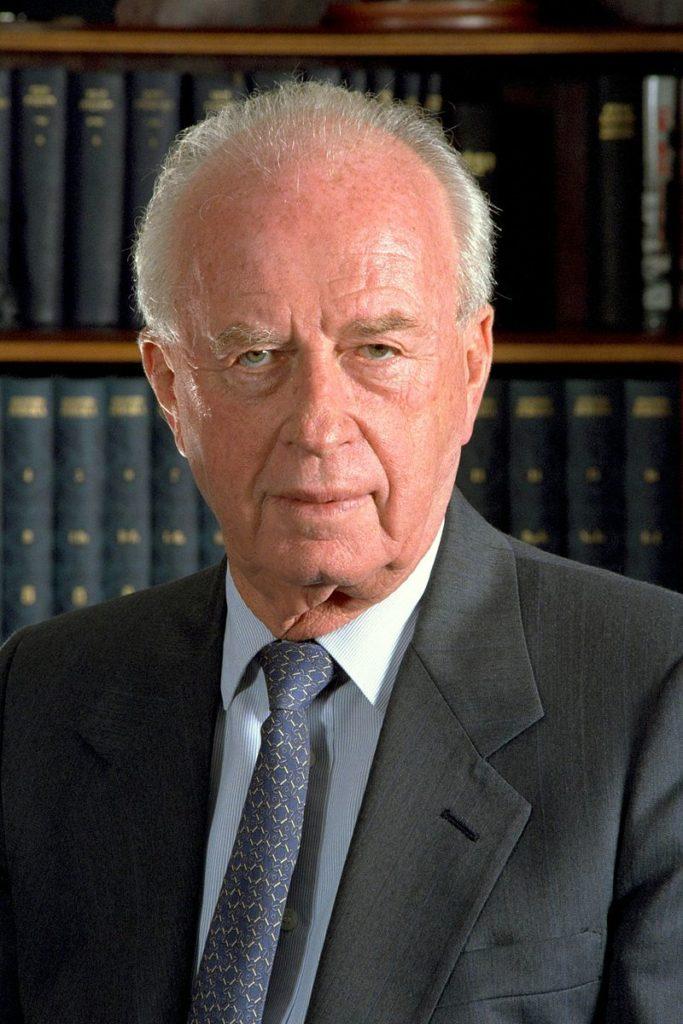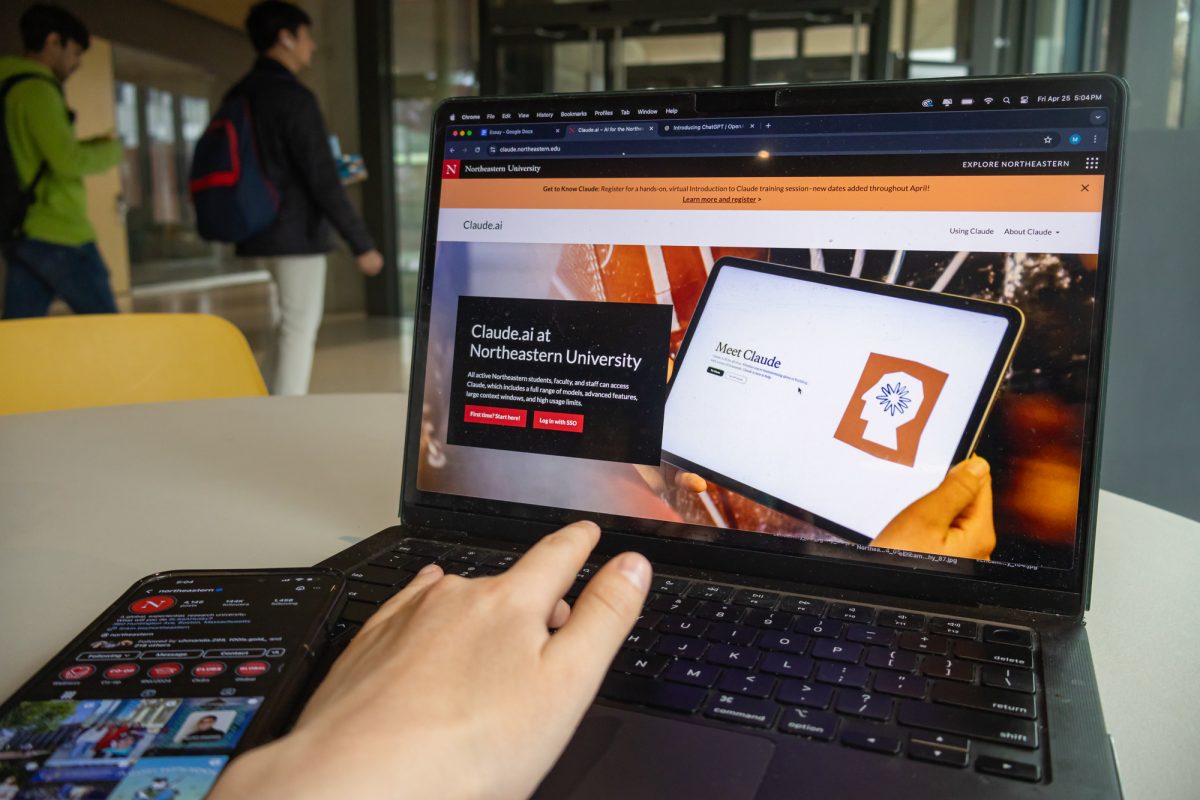A strong leader is willing to partner with other organizations for the sake of making a difference on our campus. A strong leader takes the time to understand that group’s point of view, and learns to acknowledge it as the other’s view, even when it stands in opposition. A strong leader doesn’t disregard fact.
“The way to build something is not to rip the other guy apart, but to try to come together,” David Makovsky, the Ziegler distinguished fellow at The Washington Institute for Near East Policy, recently said at Northeastern. “It’s easy to destroy. It’s harder to build.”
Nov. 4 marked the 20th anniversary of the assassination of former Israeli prime minister Yitzhak Rabin. On this day, Huskies for Israel, Northeastern’s pro-Israel group, hosted Makovsky, who advised Secretary of State John Kerry in 2013 and 2014 on the Palestinian-Israeli peace negotiations.
This editorial will not explore whether the Oslo Accords, which Rabin helped create, have helped or hindered stability and peace in the Middle East, nor will it comment on the lasting legacy of Rabin. Instead, I wish to highlight the leadership lessons that we, as Northeastern students, can learn from a country that is the size of New Jersey and elected a female prime minister before it was “cool” to have a woman in a leadership role.
“Don’t get into an all-or-nothing straitjacket,” Makovsky, who knew Rabin personally, said of the way Rabin approached the peace process. “Don’t say, ‘If I can’t do everything, I do nothing.’”
Makovsky added that this mindset is applicable to involvement in student groups. Northeastern prepares its Huskies to make a mark in the classroom, initiate change through student groups and leave the university ready to impact the world.
The most recent wave of violence in Israel has left 18 Israelis dead, including 18-year-old Ezra Schwartz of Sharon, Mass., from Palestinian stabbings and more than 150 wounded from stabbings, shootings and car rammings. Eighty-seven Palestinians have been killed, but 55 were assailants. In the height of this violence, Palestinian Authority President Mahmoud Abbas said, “we welcome every drop of blood spilled in Jerusalem.”
Let’s take this astounding statement and apply it to a scenario that makes sense to us as student leaders on a college campus.
You are a member of student organization A. Your student group has been working for many years at building a mutually-beneficial relationship with student organization, but the entire time, leaders of organization B have said they don’t believe your student organization should exist. Or your group has rooms reserved for a full calendar of events under its name, but then willingly gives the reservations away to the student organization that doesn’t think it should exist, compromising its own growth and potential existence, for the sake of getting along.
The situation described is similar to what Israel has faced since it was formed as the only democracy in the Middle East in 1948. Charters of terrorist organizations call for Israel’s destruction. Israel has offered land it originally inhabited and rightfully regained in an Arab war of aggression to its neighbors on numerous accounts for the prospect of peace. Since Israel voluntarily removed its citizens from Gaza in 2005, her gesture of land-for-peace has been repaid with increased rocketfire and the creation of underground terror tunnels to kill Israeli civilians, now from even closer range.
No one ever said, nor will they ever say, that standing up for what you believe in is easy, but when we stand up, and don’t just sit in a dorm watching Netflix, we have the power to effect change.
“Learn from Rabin. If you do what you can do, I think that’s enough,” Makovsky said.
-Jessica Geller is a third-year international business student and vice president of Huskies for Israel. She also served as the sports editor of The News in the spring of 2015.
Photo Courtesy Wikipedia, Creative Commons









